Quiz Contemporary history
Last Updated:
Passionate about contemporary history? Our quizzes are for you! Test your knowledge of the major events of the 19th and 20th centuries, key figures, global conflicts, social revolutions and the major advances that have shaped our world today.
Our contemporary history quizzes are a fun and instructive way to immerse yourself in the most recent periods of human history. Thanks to a varied selection of questions, you can test your knowledge on topics such as the Industrial Revolution, the World Wars, the Cold War, decolonization, civil rights and major political and technological upheavals.
Do you know when the Berlin Wall came down? Do you know what was at stake in the Treaties of Versailles, or the presidents who marked the World War II? Can you identify the major social movements of the 20th century? Our contemporary history quizzes will help you answer all these questions and deepen your understanding of the modern world.
As you explore our contemporary history quizzes, you’ll discover important facts, key figures and sometimes little-known events that have had a profound impact on our societies. Whether you’re a student, a history buff or simply curious, our quizzes are an interactive and captivating way to test your knowledge and learn more about contemporary history.
Test your knowledge now and relive the major milestones of recent history with our dedicated quizzes!
Test your knowledge of contemporary history with our quizzes. Whether you’re an enthusiast or just curious about current events, our quizzes will challenge you at your level.
Measure yourself against other history buffs and find out where you stand among connoisseurs of major events in the contemporary world. Each question is an opportunity to learn more and deepen your historical knowledge.
Our Contemporary History Quizzes are not just knowledge tests, but interactive learning tools. Each question is accompanied by clear explanations, interesting facts and context to help you better understand the issues of the last two centuries.
By answering the questions, you’ll enrich your general knowledge and develop a better understanding of the political, social and economic events that have shaped today’s world. Use our quizzes to explore recent history, discover emblematic figures and reinforce your knowledge of contemporary history.
history
/ 10
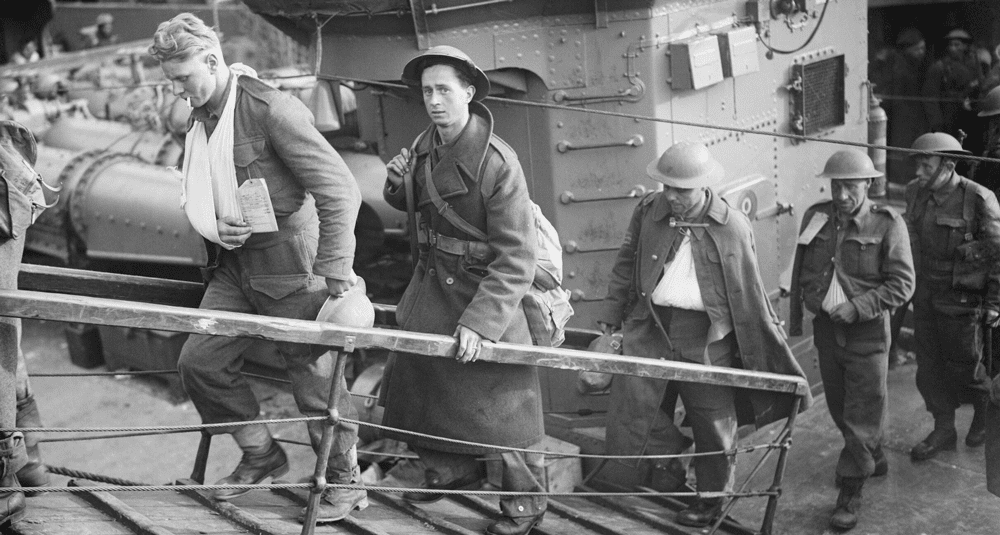
What was the name given to the British army evacuation operation at Dunkirk in 1940?
1Dynamo
2Overlord

🙌 Good answer
Operation Dynamo is the name given to the heroic evacuation of Allied troops surrounded by German forces in Dunkirk in May-June 1940.
Next question

😞 Wrong answer
Operation Dynamo is the name given to the heroic evacuation of Allied troops surrounded by German forces in Dunkirk in May-June 1940.
Next question
history
/ 10
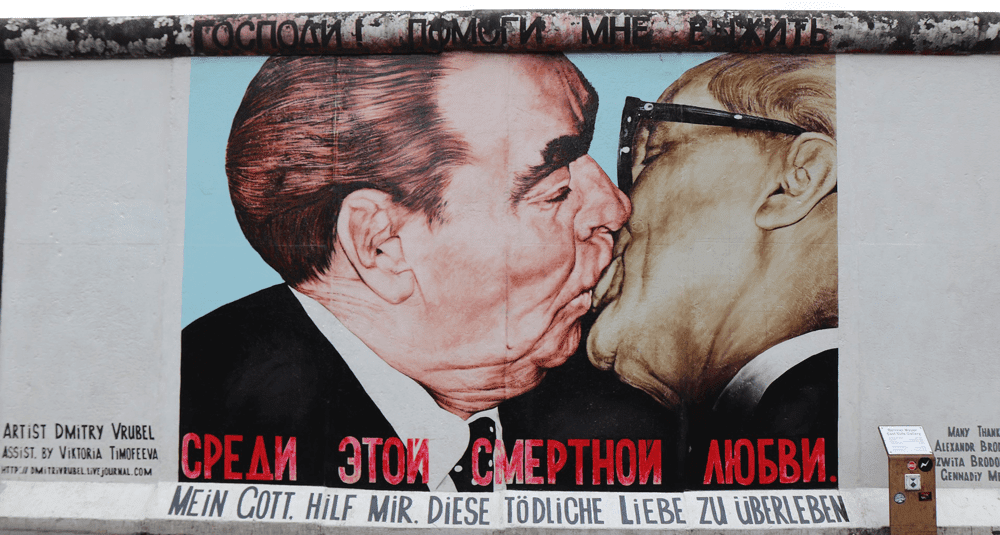
When was the Berlin Wall erected?
21961
11951

🙌 Good answer
The Berlin Wall was erected in 1961. It symbolized the division between East and West during the Cold War. It fell in 1989, marking the end of that period.
Next question

😞 Wrong answer
The Berlin Wall was erected in 1961. It symbolized the division between East and West during the Cold War. It fell in 1989, marking the end of that period.
Next question
history
/ 10
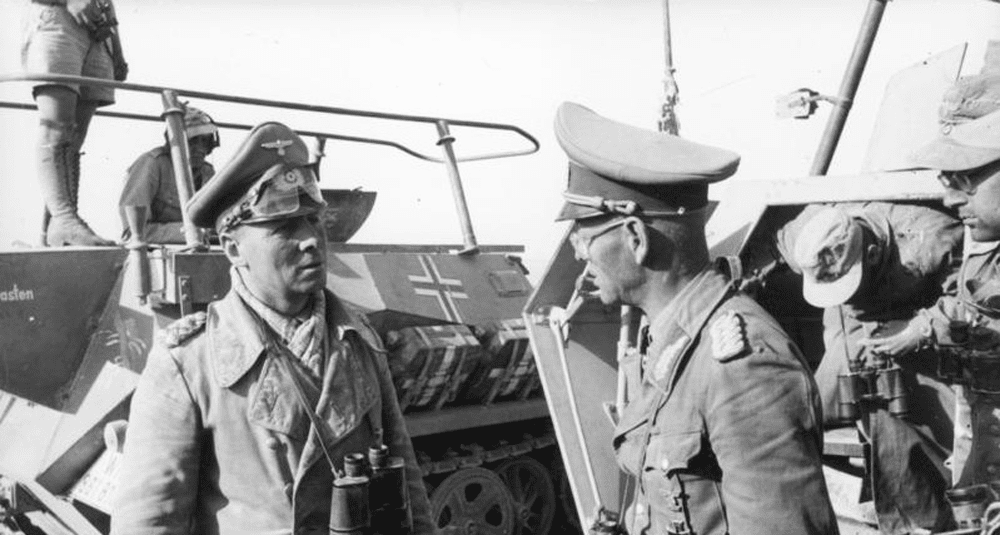
Who commanded the Afrika Korps during the North Africa Campaign?
2Erwin Rommel
1Hermann Göring

🙌 Good answer
The Afrika Korps was commanded during the North African campaign by German General Erwin Rommel, nicknamed the Desert Fox.
Next question

😞 Wrong answer
The Afrika Korps was commanded during the North African campaign by German General Erwin Rommel, nicknamed the Desert Fox.
Next question
history
/ 10
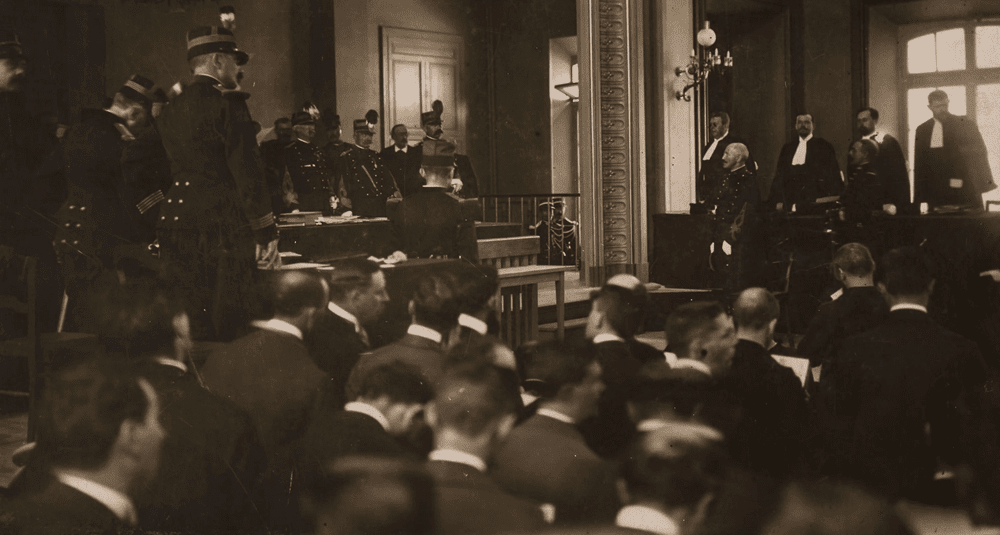
What was the rank of the French officer of Alsatian origin and of Jewish faith Alfred Dreyfus?
1Captain
2Marshal

🙌 Good answer
Alfred Dreyfus was a captain in the French army. Wrongly accused of espionage in 1894, he was at the heart of the Dreyfus Affair, a major legal scandal.
Next question

😞 Wrong answer
Alfred Dreyfus was a captain in the French army. Wrongly accused of espionage in 1894, he was at the heart of the Dreyfus Affair, a major legal scandal.
Next question
history
/ 10
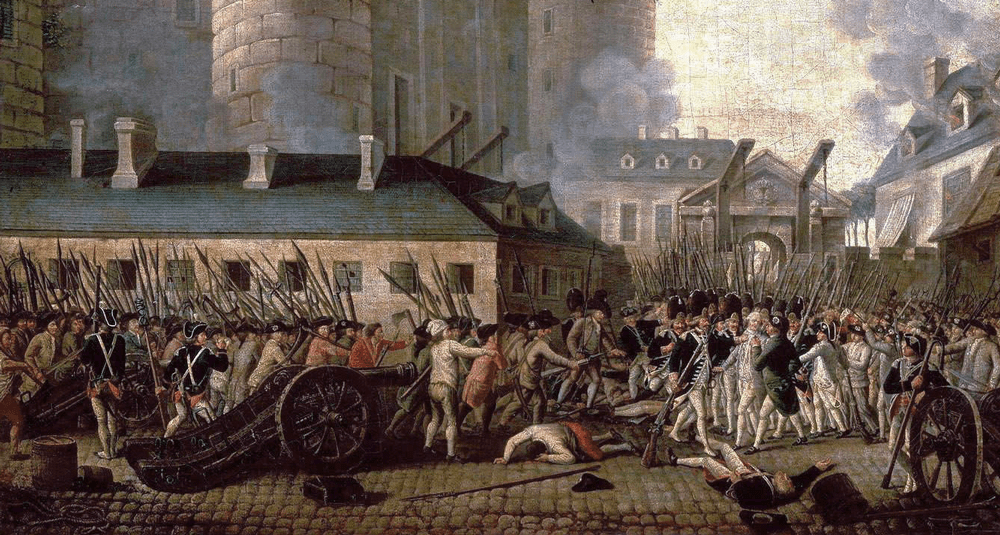
What emblematic event of the French Revolution took place on July 14, 1789?
1The storming of the Bastille
2The assassination of Marat

🙌 Good answer
On July 14, 1789, the storming of the Bastille marked a decisive turning point in the French Revolution. The event symbolized the struggle against tyranny and the quest for freedom.
Next question

😞 Wrong answer
On July 14, 1789, the storming of the Bastille marked a decisive turning point in the French Revolution. The event symbolized the struggle against tyranny and the quest for freedom.
Next question
history
/ 10
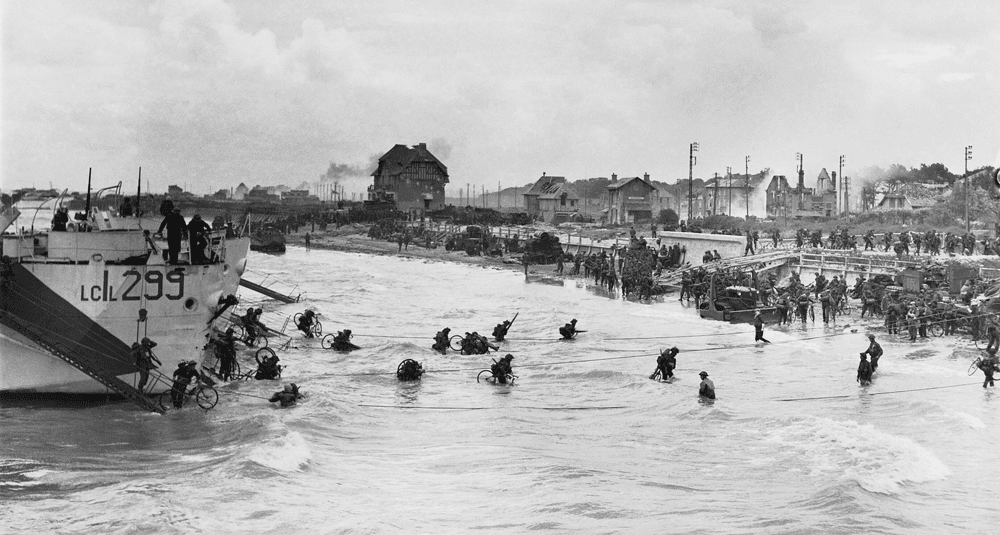
Which troops landed at Juno Beach on June 6, 1944?
2British and Canadian
1American and British

🙌 Good answer
On June 6, 1944, during the Normandy landings, the 3rd Canadian Infantry Division and the 2nd Canadian Armoured Brigade landed on Juno Beach, supported by British commandos.
Next question

😞 Wrong answer
On June 6, 1944, during the Normandy landings, the 3rd Canadian Infantry Division and the 2nd Canadian Armoured Brigade landed on Juno Beach, supported by British commandos.
Next question
history
/ 10
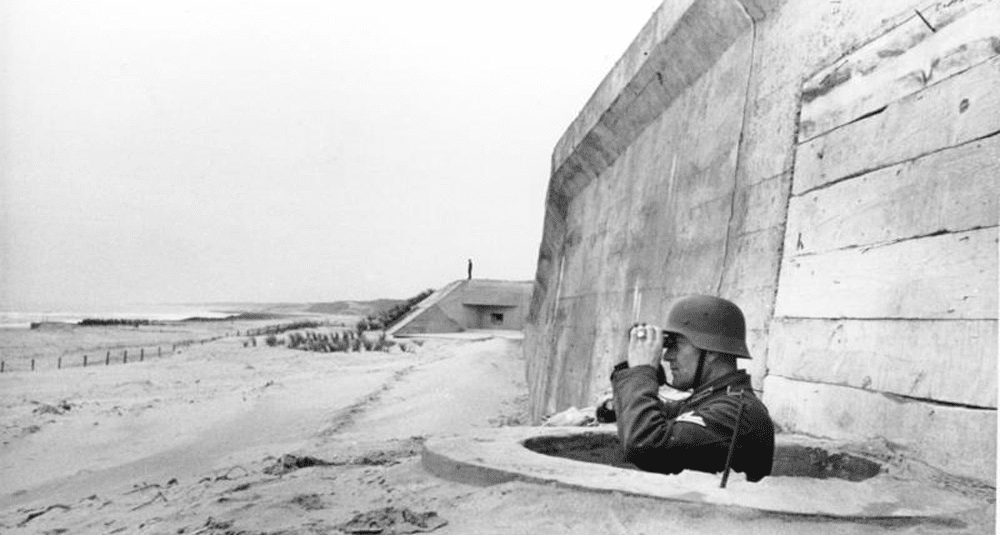
What is the name of the system of fortifications built by the Third Reich in 1942?
1Atlantic Wall
2Maginot Line

🙌 Good answer
The Atlantic Wall is a series of coastal fortifications built by the Third Reich in 1942 to defend Europe against the Allied landings.
Next question

😞 Wrong answer
The Atlantic Wall is a series of coastal fortifications built by the Third Reich in 1942 to defend Europe against the Allied landings.
Next question
history
/ 10
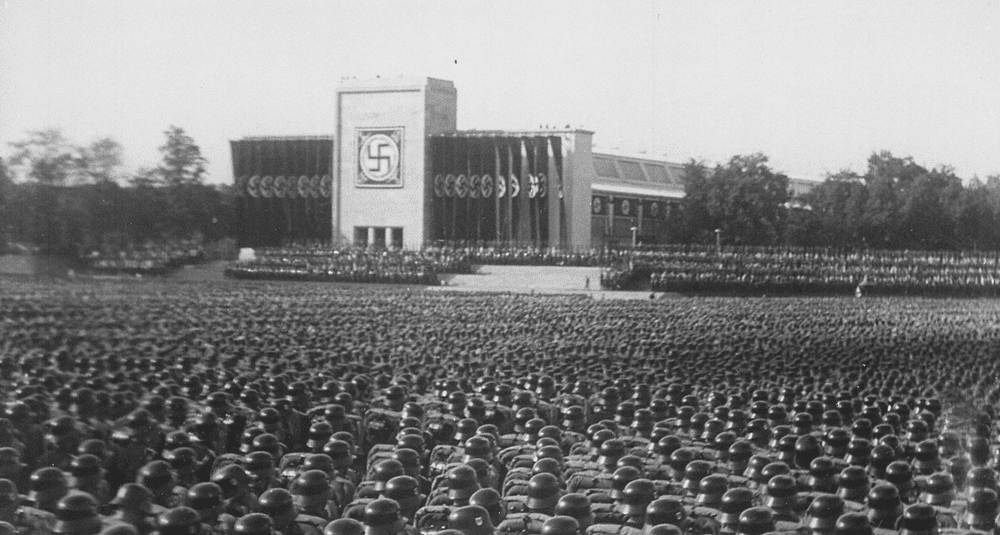
What was the name of Adolf Hitler's far-right German political party?
1NSDAP
2PNF

🙌 Good answer
The far-right German political party led by Adolf Hitler was the National Socialist German Workers' Party (NSDAP), commonly known as the Nazi Party.
Next question

😞 Wrong answer
The far-right German political party led by Adolf Hitler was the National Socialist German Workers' Party (NSDAP), commonly known as the Nazi Party.
Next question
history
/ 10
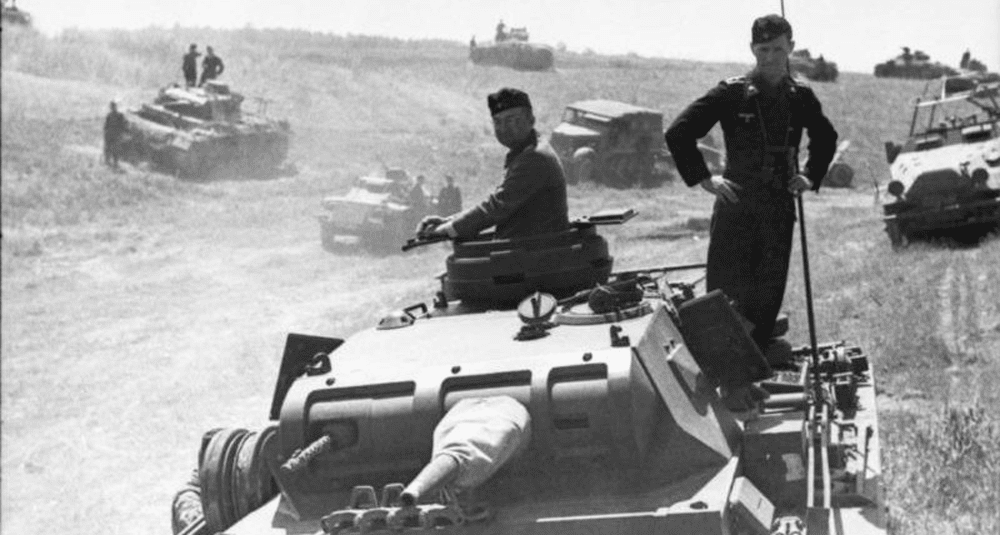
What was the name given to the Third Reich's invasion of the Soviet Union in 1941?
1Barbarossa
2Weserübung

🙌 Good answer
Operation Barbarossa, launched on June 22, 1941, was the code for the Third Reich's invasion of the Soviet Union during the Second World War.
Next question

😞 Wrong answer
Operation Barbarossa, launched on June 22, 1941, was the code for the Third Reich's invasion of the Soviet Union during the Second World War.
Next question
history
/ 10
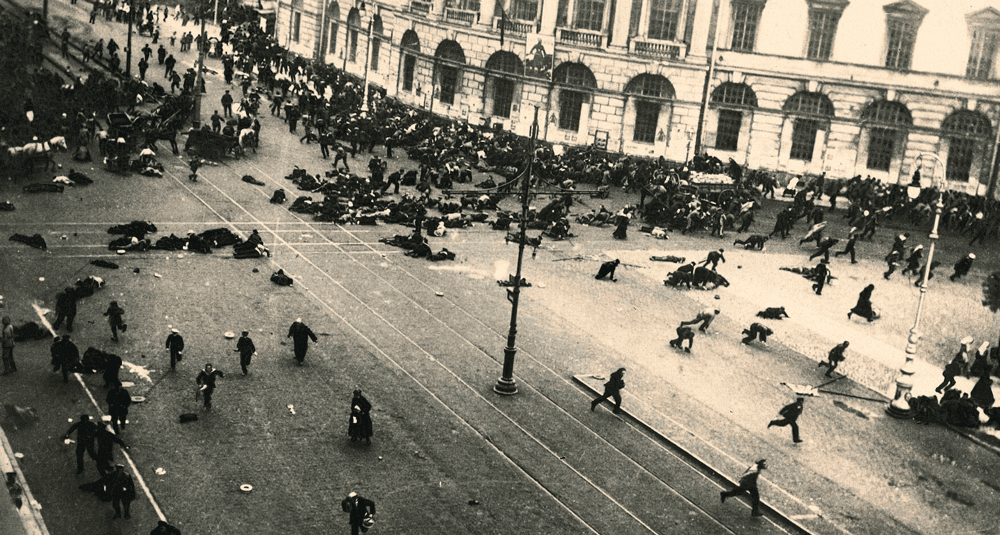
Which political regime was overthrown in the Russian Revolution of 1917?
2Tsarist regime
1Communist regime

🙌 Good answer
The Russian Revolution of 1917 overthrew the Tsarist regime, ending the absolute monarchy of the Romanovs and paving the way for Soviet power.
Next question

😞 Wrong answer
The Russian Revolution of 1917 overthrew the Tsarist regime, ending the absolute monarchy of the Romanovs and paving the way for Soviet power.
Next question




